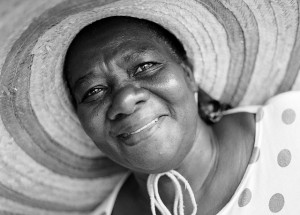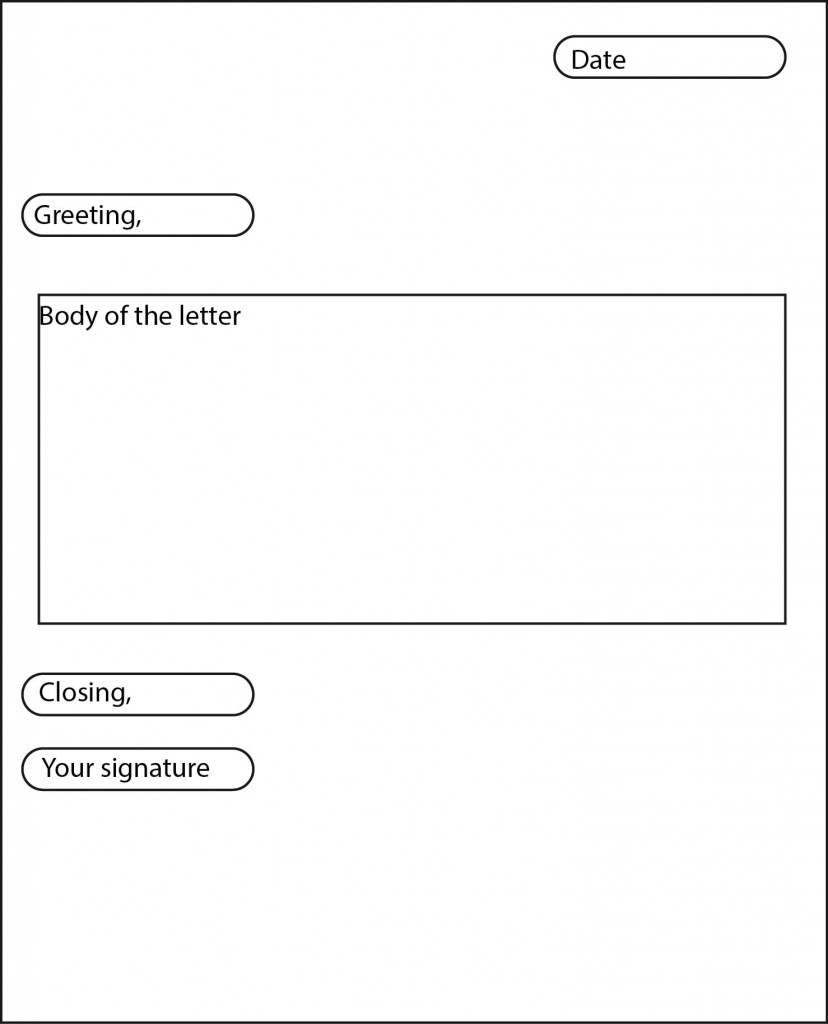Main Body
Secrets of a Happy Brain
Learning Goals
In this chapter, you will learn to:
- Use pre-reading strategies
- Build your vocabulary
- Understand the main ideas and details of a text
- Spell words using the “i before e” rule
- Use apostrophes to show possession
- Write a personal letter

Get Ready to Read
Think about the question below or discuss it with a partner.
- What do you need to be happy?
Predict which of these things researchers say bring happiness:
- money
- friends
- fame
- power
- good looks
- exercise
- being kind
- being good at something
Reading Strategy
In this book, you have learned about many strategies for checking your understanding of a text while you read:
- Check if you can visualize what’s being described
- Check if you can retell the main idea in your own words
- Check if you can answer any of the five W’s: who, what, where, when, or why
- Check if you can figure out unknown words by using the words around them
- Ask questions as you read and see whether the text gives the answers
- Think about the tone of the text
- Make predictions and read on to check them
- Read with a purpose in mind
Choose one of these strategies to use as you read Secrets of a Happy Brain.
Vocabulary
Find these words in the text. Use the context to choose the best meaning.
| positive | negative | immediate | ancestor | shelter |
| circumstances | psychologist | empathy | effective | meditation |
1. A building that covers and protects people or things is called a _______________________.
2. A person who was in someone’s family in past times is called an _______________________.
3. A scientist who studies and treats the mind is called a ___________________.
4. _______________________ means good or useful.
5. _______________________ means happening or done without delay.
6. _______________________ means harmful or bad.
7. Something is _______________________ if it produces the result that is wanted.
8. _______________________ is the ability to understand someone’s feelings.
9. _______________________ is the act of spending time in quiet thought.
10. _______________________ are the conditions in which someone lives.
Check Your Understanding
1. What is the main idea of this text?
2. What are the seven habits that make people happier?
Fill in the blanks for the sentences below.
3. When it comes to happiness, the quality of our friendships is more important than the ____________________ of friends we have.
4. Some research has shown that ____________________ can be as effective as medication in treating depression.
5. ____________________ is when we are so interested in an activity that we lose track of time.
6. ____________________ is a synonym for grateful.
7. Going to a place of worship or praying are two ways of practicing ____________________.

Spelling
The i before e spelling rule says: use i before e except after c. Arrange a date with your instructor to be tested on your ability to spell these words:
|
receive believe experience achieve relieve |
niece ceiling either weigh neighbour |
One way to learn to spell new words is learn a rule and then remember which words break the rule. Sort the words into two lists. Which words follow the rule? Which words break the rule?
| Rule Followers | Rule Breakers |
|
|
Apostrophes in Possessive Nouns
Grammar Rule
- Use an apostrophe and s to write the possessive form of a singular noun.
The tree’s largest branch broke off in the wind.
- Use only an apostrophe to write the possessive form of a plural noun that ends in s.
The twins’ hobbies include chess and ping-pong.
- Use an apostrophe and s to write the possessive form of a plural noun that does not end in s.
The women’s bathroom is down the hall.
Fill in the apostrophes in the sentences below.
1. Some research suggests that the worlds happiest country is Denmark.
2. The part of the brain that allows you to speak is named after Pierre Paul Broca. It is called Brocas area.
3. As soon as a baby is born, it can tell the difference between its mothers voice and all other sounds.
4. Old peoples brains are usually smaller and lighter than young adults brains, but they still make new cells and work well.
5. Einsteins brain was smaller than average.
6. Taxi drivers in London spend up to four years studying all the streets and buildings in order to get their license. The taxi drivers hippocampus, the part of their brain used for remembering, is bigger than it is in most peoples brains.
Writing
Writing Task
Being grateful is linked to being happy. Write a thank you letter to someone who has made a positive difference in your life. Let them know what they did and how it helped you.
Follow the TOWER method:
- Think about some of the people who have made your life better. Choose the one person you would most like to write about. Think of some examples of how they made a difference in your life.
- Organize your ideas. Which details will you include? Which ones will you leave out? What order will you write them in?
- Write a first draft. Follow the format for writing personal letters shown below. Common greetings include: Dear, To, or Hi. Common closings include: From, Sincerely, or Love.
- Edit your work, with the help of an instructor and the Secrets of a Happy Brain personal letter checklist.
- Rewrite your letter. You may wish to type it on a computer. Finally, hand it in to your instructor. You may also wish to give it to the person you wrote to!
Ask your instructor for a copy of the checklist, or print one from the link above. For a printable version, see Appendix 2.

Answer Key
| Vocabulary | |
| QUESTION | ANSWER |
| 1 | shelter |
| 2 | ancestor |
| 3 | psychologist |
| 4 | positive |
| 5 | immediate |
| 6 | negative |
| 7 | effective |
| 8 | empathy |
| 9 | meditation |
| 10 | circumstances |
| Check Your Understanding | |
| QUESTION | ANSWER |
| 1 | The main idea of this text is that there are seven habits that make people happier. |
| 2 | The seven habits that make people happier are forming close relationships, being kind, getting exercise, finding their flow, being spiritual, discovering and using their strengths, and thinking positively. |
| 3 | number |
| 4 | exercise |
| 5 | flow |
| 6 | thankful |
| 7 | spirituality |
| Spelling | |
| QUESTION | ANSWER |
| Rule followers | receive, believe, experience, relieve, niece, ceiling |
| Rule breakers | either, weigh, neighbour |
| Apostrophes in Possessive Nouns | |
| QUESTION | ANSWER |
| 1 | Some research suggests that the world’s happiest country is Denmark. |
| 2 | The part of the brain that allows you to speak is called Broca’s area. |
| 3 | As soon as a baby is born, it can tell the difference between its mother’s voice and all other sounds. |
| 4 | Old people’s brains are usually smaller and lighter than young adults’ brains, but they still make new cells and work well. |
| 5 | Einstein’s brain was smaller than average. |
| 6 | Taxi drivers in London spend up to four years studying all the streets and buildings in order to get their license. The taxi drivers’ hippocampus, the part of their brain used for remembering, is bigger than it is in most people’s brains. |
Attributions
Happy
Image by tpsdave is in the public domain.
Buddhist monk
Image by sciencefreak is in the public domain.

